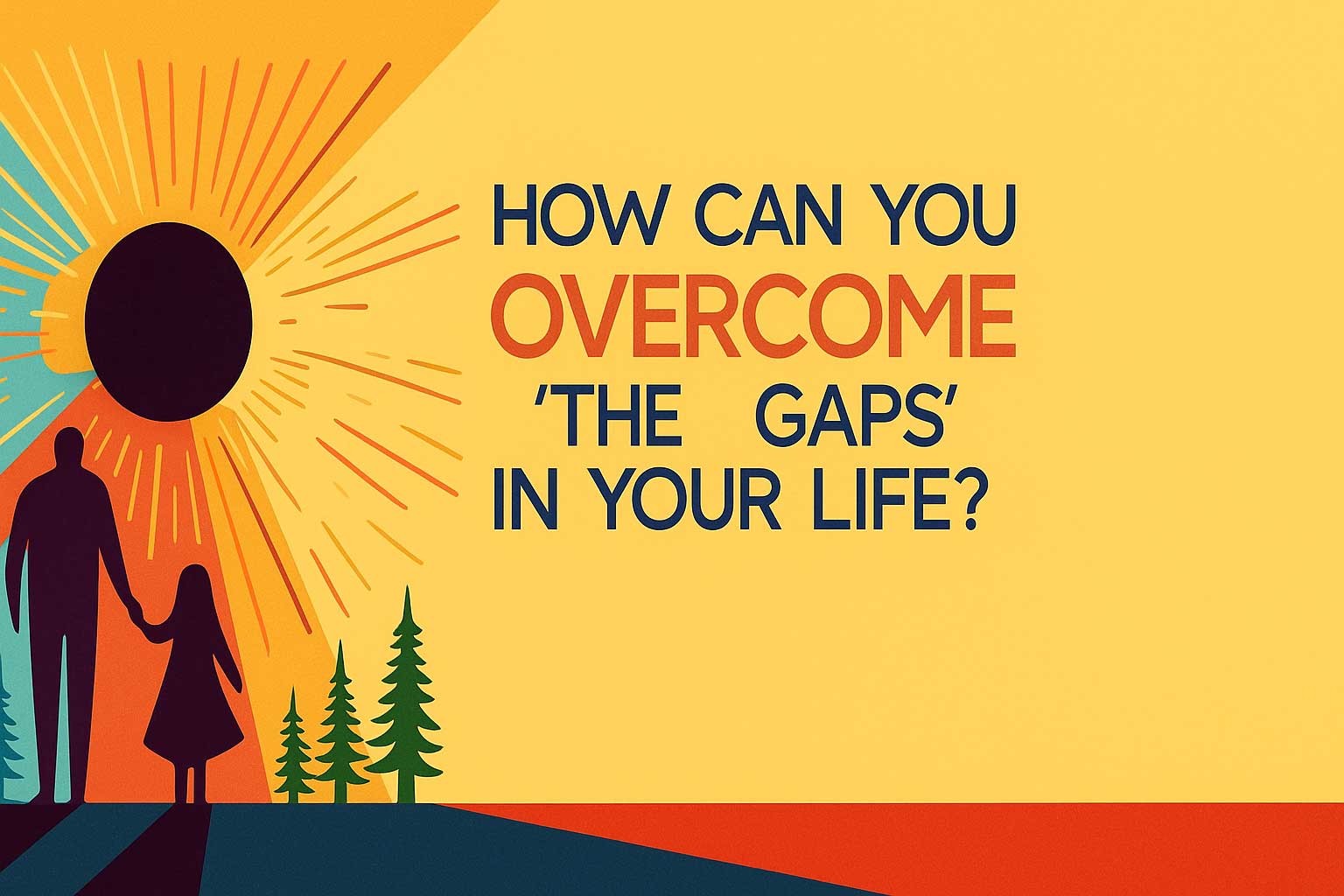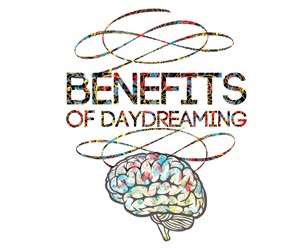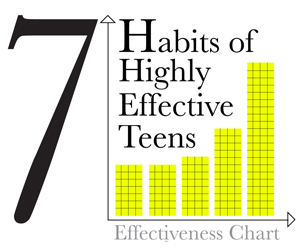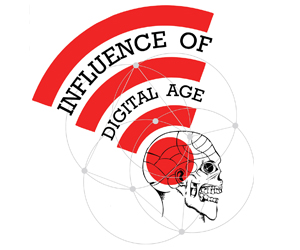
Every family struggles with different challenges. However, families become dysfunctional when parents are personally struggling to deal with their own demons. More often than not, the children suffer as a result.
What is a dysfunctional family?
Family dysfunction can be any condition that interferes with healthy family functioning. Most families have some periods of time where functioning is impaired by stressful circumstances (death in the family, a parent’s serious illness, etc.). Healthy families tend to return to normal functioning after the crisis passes.
In dysfunctional families, however, problems tend to be chronic and children do not consistently get their needs met. Negative patterns of parental behaviour tend to be dominant in their children’s lives. There are many types of dysfunction in families. Some parents under-function, leaving their children to fend for themselves. Other parents may over-function and never allow their children to grow up and be on their own. Others are inconsistent or violate basic boundaries of appropriate behaviour.
How do healthy families work?
Healthy families are not perfect; they may have yelling, bickering, misunderstanding, tension, hurt, and anger — but not all the time. In healthy families, emotional expression is allowed and accepted. Family members can freely ask for and give attention. Rules tend to be made explicit and remain consistent, but with some flexibility to adapt to individual needs and particular situations. Healthy families allow for individuality; each member is encouraged to pursue his or her own interests, and boundaries between individuals are honoured.
Children are consistently treated with respect, and do not fear emotional, verbal, physical, or sexual abuse. Parents can be counted on to provide care for their children. Children are given responsibilities appropriate to their age and are not expected to take on parental responsibilities. Finally, in healthy families everyone makes mistakes; mistakes are allowed. Perfection is unattainable, unrealistic, and potentially dull and sterile.
Sadly, we have no choice in which family we are born into but we can determine how we respond to challenges and how we can overcome our anger and hurt caused by our family members. However, there is still hope. The hole in your heart can be filled productively with new experiences and voices that affirm that you are worthy, valuable, and lovable. While the experiences of childhood shape us, they do not limit us. Many unloved children, by confronting and articulating their past, move into the present and future as loving and loved partners, friends, and parents.
Here are some steps to let go of past hurts and to fill the hole in your heart positively:
Get help
In most dysfunctional families, children tend to learn to doubt their own intuition and emotional reactions. Often, support from other helpful professionals provides an objective perspective and much-needed affirmation which will help you learn to trust your own reactions. Help or support can take many forms: individual counselling or therapy. It is pertinent to seek help early because unsolved issues during childhood due to being brought up in a dysfunctional family can trickle into adulthood.
Learn to identify and express emotions
Growing up in a dysfunctional family often results in an exaggerated attention to others’ feelings and a denial of your own feelings and experiences. While this often results in being highly sensitive to others, you may have neglected to be sensitive and understanding to yourself. Take time to reflect every day and identify emotions you are or have been experiencing. What triggered them? How might you affirm or respond to them? Try keeping a daily feelings journal. Be selective in sharing your feelings with others. You may not find it helpful to share all of your feelings. In sharing your feelings with others, you may take small risks first, then wait for a reaction. If the other party’s responses seem supportive and affirming, try opening up more to them slowly.
Begin the work of learning to trust others
Frequently, children of dysfunctional families continue to seek approval and acceptance from their parents or families. Recognise your parents’ limitations while still accepting whatever support they can offer.
Take small steps in forging positive relationships with reliable and trustworthy people. However, be extra careful of those who know of your weaknesses and may try to exploit you, causing deeper hurt. Always remember to guard your heart and be wary of who you let into your life.
Learning who to trust and how much to trust is a lengthy process. Adult children from dysfunctional families tend to approach relationships in an all-or-nothing manner. Either they become very intimate and dependent in a relationship, or they insist on nearly complete self-sufficiency, taking few interpersonal risks. Both of these patterns tend to be self-defeating.
Allow yourself to feel angry about what happened
Forgiveness is a very reasonable last step in recovery, but it is a challenging first step. Children need to believe in and trust their parents. Therefore, when parents behave badly, children tend to blame themselves and feel responsible for their parents’ mistakes. These faulty conclusions are carried into adulthood, often causing guilt, shame, and low self-esteem. When you begin with trying to forgive your parents you will likely continue to feel very badly about yourself. Placing the responsibility for what happened during your childhood where it belongs, i.e., with the responsible adults, allows you to feel less guilt and shame and more nurturance and acceptance toward yourself.
It is usually helpful to find productive ways to vent your anger. This can be done in support groups or with good friends. Try writing a letter to one or both of your parents and then burning the letter. Or you may want to talk with your parents directly about what happened.
The relationship between your parents and you may or may not be restored but at least you are at peace with yourself. If you decide to do this it is important to keep your goal clear. Do you want to encourage change and work for a better relationship, or are you trying to get even or hurt them back? Pursuing revenge frequently results in more guilt and shame in the long run. Holding on to anger and resentment indefinitely is also problematic and self-defeating. Focusing on old resentments can prevent growth and change.
Begin to change your relationships with your family
Keep the focus on yourself and your behaviour and reactions. Remember, you cannot change others, but you can change yourself. Work on avoiding entanglements in your family’s problems. Counselling or support is usually crucial when trying to change family relationships. You are fighting a lifetime of training in getting hooked into their problems, usually including large doses of guilt. It is also important to be patient with your family. They may find it difficult to understand and accept the changes they see in your behaviour. While most families can be workable, undoubtedly there are some rare families who are far too dangerous or abusive to risk further contact.
Practice taking good care of yourself
Frequently, survivors of dysfunctional families have an exaggerated sense of responsibility. They tend to overwork and forget to take care of themselves. Try identifying the things you really enjoy doing, then give yourself permission to do at least one of these per day. Work on balancing the things you should do with the things you want to do. Balance is a key word for people who’ve grown up in dysfunctional families. Identify areas you tend to approach compulsively: Eating? Shopping? Working? Exercising? How might you approach this in a more balanced fashion? One of the best things you can do for your mental and emotional well-being is to take good physical care of yourself. Do you eat a good healthy balanced diet? Do you get regular exercise?
Read to learn more about how to heal from being brought up in a toxic environment. Many books provide helpful information about dysfunctional families and strategies for recovering from their effects. Here is a short list of some we recommend:
- Forward, S. (1989). Toxic parents: Overcoming their hurtful legacy and reclaiming your life. New York: Bantam Books.
- Gravitz, H.L. and Bowden, J.L. (1985). Guide to recovery: A book for adult children of alcoholics. Holmes Beach, FL: Learning Publications.
- Beattie, M. (1987). Codependent no more: How to stop controlling others and start caring for yourself. New York: Harper and Row.
- Gil, E. (1983) Outgrowing the pain: A book for and about adults abused as children. San Francisco: Launch Press.
- Bass, E. and Davis, L. (1988). The courage to heal: A guide for women survivors of child sexual abuse. New York: Harper & Row.
It takes time to deal with and heal from your past and it takes time to forgive those who have hurt you. However, it is possible to overcome your family problems by taking one step at a time.
What are some characteristics of a healthy family that you would wish to observe in your family?
Sources:
https://www.kstate.edu/counseling/topics/relationships/dysfunc.html#overcometheeffects


















